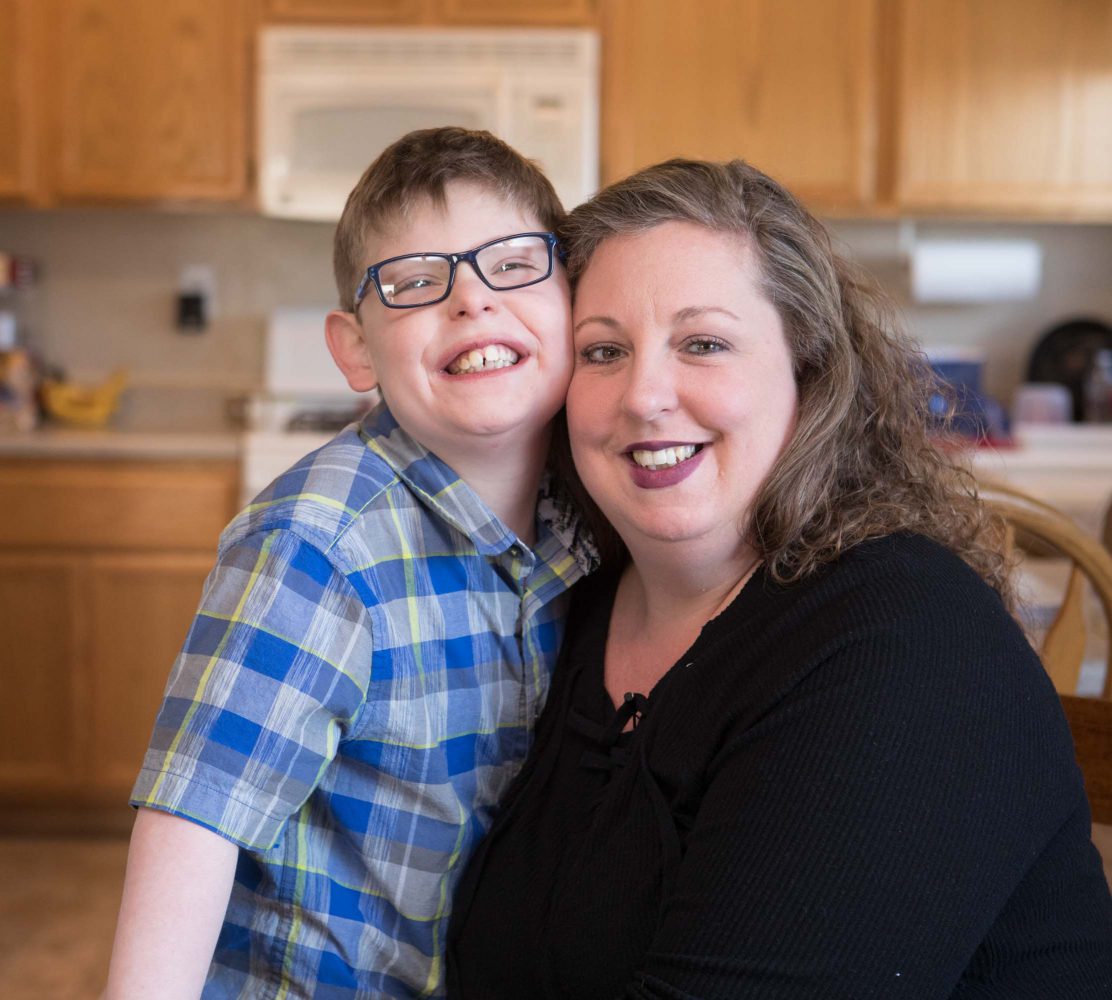As summer break approaches, you may have some anxiety about being out of your regular keto routine. In today’s guest blog post, ketogenic dietitian and Keto Ambassador Lindsey Thompson, MS, RD, CSP, LD, shares her tips for managing your child’s medical ketogenic diet over summer break. Thank you, Lindsey!
 Summer break can be school-free splendor for kids (and parents!); however, the relaxed schedule can pose some challenges for kids with epilepsy who are on a medical ketogenic diet.
Summer break can be school-free splendor for kids (and parents!); however, the relaxed schedule can pose some challenges for kids with epilepsy who are on a medical ketogenic diet.
Many kids and teens with epilepsy rely on the structure and schedule that the school year provides. Furthermore, the medical ketogenic diet tends to work best when provided on a schedule. As we transition into summer, here are some tips for managing the medical ketogenic diet in a more spontaneous environment:
Create a schedule for summer
Start with a monthly calendar and identify the different types of days (such as typical, weekend and vacation days). Then create templates for times meals and snacks will be offered depending on the day. The schedule you create can be similar or different to typical school days depending on what is best for your child. Include all of your children in the schedule so that everyone is expected to follow it. Visually display the schedule and use sticker charts if needed for motivation.
Plan ahead
Pick a day or time to prepare ketogenic meals and snacks for the days or weeks ahead. Many of you already do this during the school year, and there is no need to discontinue this for summer. You’ll also want to plan for extra snacks given that your schedule may be more variable in the summer with sports games, visits to the zoo or other family outings. Planning ahead will help you avoid a “keto emergency” i.e., your child is starving and you don’t have a meal or snack weighed out and ready-to-go.
If you’re taking a vacation, you’ll also want to do plenty of planning related to the travel itself (you may need letters from your physician describing your child’s diet for airplane travel, etc), acquiring ketogenic-friendly food in your vacation destination (you may need to call the local grocery stores or the hotel itself) and having adequate accommodations (such as a refrigerator and microwave in your room).
Drink plenty of fluids!
Fluid is important for children on medical ketogenic diets in order to avoid many of the possible side effects of the diet. Your child will generally need more water in the summer to stay hydrated. Ask your dietitian how much fluid your child needs if you are not sure.
Have your child/teen involved with the preparation of his or her diet
Since your child will likely have more time on his or her hands, there will be a great opportunity for him and her to be involved in meal preparation. You can make an activity out of it by having your child make shopping lists, prep or weigh foods, cut fruits or vegetables (if age appropriate) and assemble meals. A benefit here is that children and teens who are involved in meal preparation are more likely to eat and enjoy what is prepared. Additionally with more active involvement, your child may take more ownership of his or her diet …and this may roll over into the school year as well!
Have fun! Use the extra time to get creative with new recipe ideas.
Here are some suggestions for fun summer treats:
Ketocal Blueberry Smoothie:
Ketocal Creamy Gelatin Treat
Ketocal Cheese and Tomato Pizza
Ketocal Ice Cream
I hope these tips will help ease you and your child on the medical ketogenic diet into a safe and fun summer!
-Lindsey
I was paid by Nutricia for my time to write this blog post, however, my opinions are my own.
KetoCal is a medical food and is intended for use under medical supervision.


 Follow
Follow
